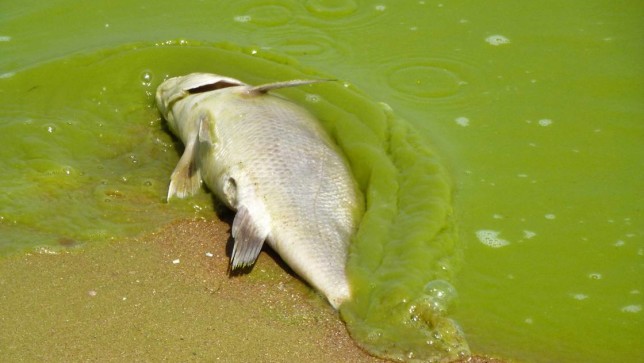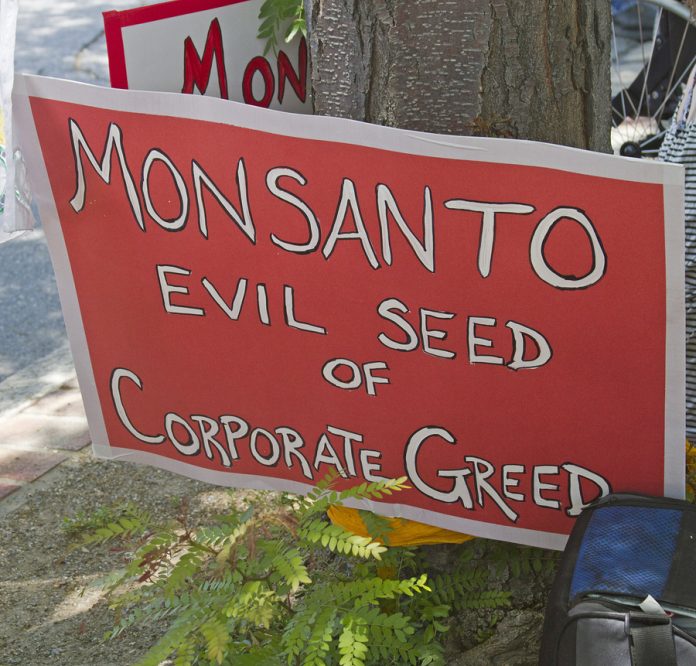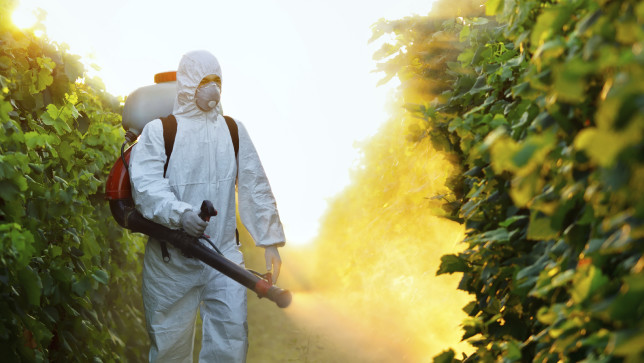Pesticide Action Network Asia and the Pacific (PAN AP)
Statement 4 July 2013
Monsanto, Syngenta, Dow, and the pesticide industry body CropLife, among other members of a so called Glyphosate Sustainability Working Group in Australia, are promoting the use of the herbicides glyphosate and paraquat in public places. Not surprising, the repeated use of glyphosate has created resistance in weeds alongside roadside, railways, and parks. As a solution to this problem the agrochemical industry is promoting an increasingly hazardous chemical treadmill with the use of a ‘double knock’ application of the full glyphosate rate followed by a full label rate of paraquat-based products.
Glyphosate’s adverse health effects include respiratory infections, gastrointestinal problems, skin rashes, depression, reduced cognitive capacity, peripheral neuropathy, cancer, and endocrine disruption. Paraquat is an acutely toxic herbicide with the highest mortality rate of all pesticides. As little as a teaspoon full can kill a human being and there is no antidote. Paraquat enters the body through damaged skin, by inhalation, and by swallowing. Many poor people especially in Asia and Latin America have experienced severe health harms and even death from exposure to paraquat. Last year in Australia an experienced farmer died from paraquat exposure after his knapsack sprayer malfunctioned. The Rotterdam Convention, which prevents unwanted trade of hazardous chemicals among countries, was set to add Gramoxone, a severely hazardous paraquat formulation to its list earlier this year, but was prevented from doing by interference from manufacturers.
The agrochemical companies stand to benefit from increased sales of pesticides. Glyphosate and paraquat continue to be a main source of revenue for Monsanto and Syngenta.. Globally, Monsanto is the biggest producer of glyphosate and Syngenta is one of the largest manufacturers of paraquat. Both herbicides, glyphosate and paraquat, are marketed globally and the impact of human and environmental harm is being felt worldwide.
The public must be aware that there is no sustainable and no safe use of pesticides and their repeated use guarantees the continuation of a chemical treadmill of increasingly toxic products that put human health and the environment at risk. There are adequate methods of non-chemical weed management that do not expose people and the environment to such risks.






